A Conversation with Dr. Anit T. Patel
Over the past several years as Jordan has continued to expand the subspecialty of Otolaryngology, head and neck surgery is quickly becoming a center of excellence. Through use of innovative techniques, new procedures, and state-of-the-art instrumentation, otolaryngologists at Beth Israel Deaconess Hospital are bringing tertiary care excellence to a community setting.
Anit T. Patel, MD, an otolaryngologist at Beth Israel Deaconess Hospital says that both he and Dr. Bernard J. Durante are able to perform extensive surgeries such as radical neck dissections for head and neck cancer. These are time intensive cases that can take up to 10-12 hours of operating time. Dr. Patel explains that “these cases require a multidisciplinary team for adequate post-operative rehabilitation including speech and swallow therapists who fully understand the nature of the post-op deficit, oncology nurses trained to take care of such patients, physical therapists, and dieticians who understand the precise caloric needs of head and neck cancer patients. This comprehensive level of specialty care is in place at Beth Israel Deaconess Hospital and allows me to ensure that my patients are getting the highest standard of care.” Dr. Patel also states that many times these surgeries will leave the patient with a large defect in the head and neck. He comments that “we are able to offer these patients single stage reconstruction so that the cancer is removed and the defect reconstructed in the same setting. These are procedures that were traditionally done in Boston, but we are now able to offer such treatment to our patients at Jordan Hospital.”
One of these patients is Linda Thayer, a 57 year-old resident of Carver who recently underwent a radical neck dissection at Jordan for throat cancer that had spread to the neck. Linda, as frightened as she was to hear of her diagnosis, was confident in Dr. Patel and the staff at Beth Israel Deaconess Hospital.
Her successful care was coordinated amongst her surgeon and oncologists. The treatment that she needed did not require going into Boston; instead the best care that could be provided for her was right next door in Plymouth.
In addition to excellence in head and neck cancer, the very latest technology in sinus surgery is also available at Jordan Hospital. Dr. Patel uses a microdebrider for all his sinus cases. The microdebrider has rendered the laser practically obsolete in sinus surgery. “This electrically powered instrument can precisely shave away and remove diseased tissue, one thin layer at a time, leaving healthy tissue unharmed,” Dr. Patel.
Another state of the art procedure performed at Beth Israel Deaconess is minimally invasive radioguided parathyroidectomy (MIRP). This is for patients who suffer from hyperparathyroidism, a condition which leads to high calcium levels in the blood and can cause kidney stones, peptic ulcer disease, pathologic fractures and bone resorption. With MIRP, the patient receives an intravenous injection of technetium 99, a safe radioactive agent. The parathyroid adenoma absorbs more technetium 99 than the healthy glands, allowing the surgeon to locate it with a gamma probe inserted through a small incision in the neck. The probe picks up radioactive signals and leads the surgeon to the enlarged gland, which is then removed through the same incision. After surgery, patients rarely need pain medication, but they normally take calcium supplements for several days until the remaining glands regain normal function. Dr. Patel points out that with this new technology, removing an overactive parathyroid gland is quicker, less invasive and just as successful as the standard procedure. continues. “It encourages gentle dissection of the tissues and does not damage the healthy anatomy as is common with traditional instruments.” Greater safety for the patient is ensured as removal of tissues is more precise when compared to conventional instruments, and the total operating time is reduced. Quick healing usually follows this gentle surgical technique.
